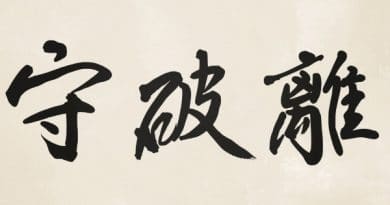Shakou Jirei: What The Japanese Really Think
One of the most common things I hear from the foreigners interacting with Japanese people is, “I have no idea what Japanese people really think”. As Japanese people are relatively reluctant to show their emotions to others, they tend to avoid direct expressions in conversation. And above all, what makes communication with the Japanese more problematic is their indirect expressions in conversation. We call it “Shakou Jirei (社交辞令)”.
What Is Shakou Jirei?
According to the Japanese dictionary, Shakou Jirei means “Words of social courtesy” or “A compliment in a social context”. Shakou Jirei is frequently used, especially on business occasions. And the understanding of it is essential for smooth communication in Japanese society.
Examples of Shakou Jirei
Invitation to Dining Out
When people say goodbye, the Japanese often say “Mata Nomi ni Ikou (= Let’s go for a drink someday)”. But you don’t have to take it seriously because it’s just a casual way of saying goodbye.
Compliments
When you get a haircut or bring a new bag, people will say things like “nice” and “cute”. Of course, most of the time they mean what they say. But sometimes people make compliments they actually disagree but feel compelled to do so.
“I will contact you.”
The phrase “Mata Renraku Shimasu (= I will contact you.)” is sometimes used as a polite way of saying “Don’t contact me until I contact you” after you have exchanged contact numbers.
Now, you lost confidence to deal with the Japanese because of the complexity that the real feeling is hidden behind in many situations? Don’t worry, here are the tips to tell whether the Japanese are honestly speaking or not.
How To Tell If The Person Is Saying Shakou Jirei
Not mentioning a specific date
If someone says, “Let’s go out to dinner another time”, but doesn’t try to set a specific date, it’s highly likely to be Shakou Jirei. If you reply, “Why not? When shall we meet then?”, some people will look at you like you’re in trouble, so just be aware of this.
Making rough compliments
If the compliment is just a simple “wow” or “cute” and nothing else, it can be because they don’t really think so, but they don’t want to be someone who can’t read the air.
Never text any message
If people ask you out verbally but never send you a text message, they are not interested in doing so in the first place. Even if they are willing to do so, they are likely to be very lazy. So, you have to make a plan for them proactively.
I’ve introduced some trickier Japanese social etiquette as above. So the thing is please don’t get overwhelmed even if what they say and do are inconsistent. Because it’s just good manners and most of the time people have no intention to harm you.




